The Foundation of a Craft Cocktail
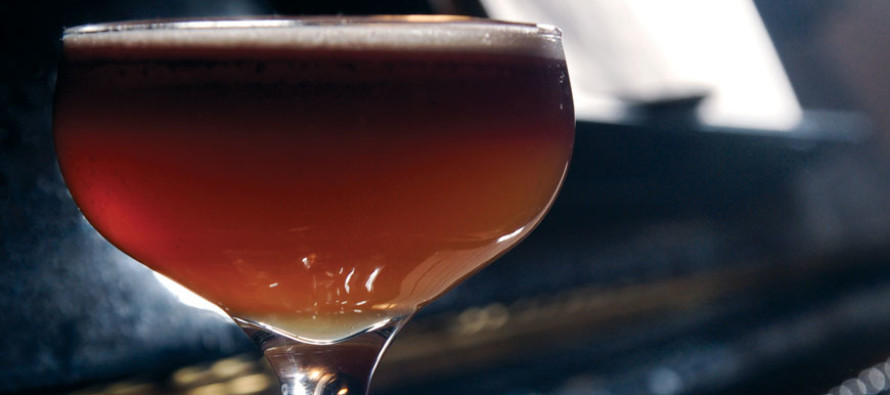
One of Sour, Two of Sweet, Three of Strong, Four of Weak. – Bajan Rum Punch recipe
In making cocktails there is one mantra to keep in mind, and that is the poem above. Dating from the days before the cocktail held reign across America, it is the general formula for punch. This set of ratios is, in the cocktail world, the golden set of ratios. Nearly every cocktail that is considered a classic – or a modern classic – follows these general guidelines, and armed with a few other tidbits of bartending knowledge, anyone can make that cocktail they crave.
The poem above describes four elements of a cocktail, and defines the structure of nearly any mixed drink: from a gin & tonic and an old fashioned to a bramble and a last word. The sour generally refers to a citrus, though sour and bitter can be interchanged here. Sweet is usually a syrup or a liqueur (think Chartreuse or Benedictine). Strong is, of course, your base spirit. The weak is always, at its core, water, though it could be anything non-alcoholic such as a cola, soda, tea, or coffee. A single ingredient can be a combination of different elements of the poem, or it can represent just one component. Either way, with the right ratios and ingredients with flavors that complement each other, a drink can be made.
Take a New York Sour, for instance. Here are the ratios we’ll use:
1.5 oz American Whiskey
0.5 oz Lemon Juice
1 oz Simple Syrup
Claret (Red Wine)
Combine all ingredients in a shaking glass/tin and add ice. Shake until tin is cold in your hands, and then shake a little longer. Strain into a chilled cocktail glass. Carefully pour the claret over the back of a bar spoon to create a layer of wine at the top of the drink.
This is, of course, a variation on the whiskey sour of yore. Here I’ve listed it using the ratios above, and, if you’ve never made this drink before, this would be your starting point. We see we’ve got an ounce and a half of strong, which is three times the sour, and our sweet is the simple syrup (equal parts sugar and water). Just using those three ingredients you get the whiskey sour.
We can do a little twist on the whiskey sour by making another classic, where we add enough red wine (pick your favorite) to layer on top of the drink (It’s something you eyeball, though if you use more than a half ounce you’ve probably used too much). But what about the weak? Well, you noticed that we added ice and shook the hell out of it, right? If we did it right, you added about two ounces of water in doing that. Thus we have, four of weak. Notice that with this drink (or, if you skip the wine, the whiskey sour) fits the mantra perfectly. And who said there’s no math in drink making? This generic formula hasn’t changed in centuries.
Did you try it? If not, go do it real quick. Try it with a bourbon, now with a rye. At these ratios, which one tastes better to you? And when you answer it, really think about it. In my opinion, this is one of the things that separate bartenders that practice the craft from those that just make drinks. We start with a base set of ratios. Through experience in making drinks we almost always start with ratios similar to these, and then we taste and we start changing things around. At the end of the article I’ll give you the ratios I use for this drink, but we have a little more to discuss first.
I mentioned that we start tweaking the ratios, which means that we have to keep track of what we do. This is where the tools come in. To know how much I vary the ratios there are, really, two tools that I use: the first is my own palate and tastes, and the second is the jigger. Jiggers are our measuring cups, shaped sort of like an hour glass. I’ve got several, ranging from a quarter-ounce measure to two ounces. For me, the above set of ratios produces a drink that has two main issues: I don’t get enough whiskey flavor and it’s a little bit too sweet. So I increased the whiskey to two ounces, and then I also increased the lemon juice by a quarter ounce. Since I usually use a rich simple syrup (two parts sugar to one part water), I then reduce the sweet by a half ounce. Now my sour and my sweet are balanced, although with regular simple syrup you may want to keep it at an ounce. Next, we shake it up and use our red wine of choice. To figure out the recipe I’m going to share below, it took me four iterations. This is the art.
So, here is my New York Sour:
2 oz Bourbon Whiskey (I like Bulleit or Elijah Craig 12-Year)
¾ oz Fresh Lemon Juice
½ oz Rich Demerara Syrup
Claret (Red Wine of Choice)
Follow instructions from recipe above
At its root, the cocktail is a single serving of punch. While there is much art that goes into the final product, it’s from centuries of a tradition of drink making (punch dates back at least 300 years) that there’s a proven science behind what works and what doesn’t. Using this formula, anyone can create a cocktail that will not only taste good, but has the potential to become a modern classic.
Cheers and Salud!
1 comment
Write a commentOnly registered users can comment.


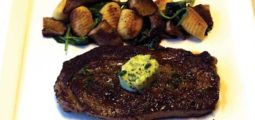


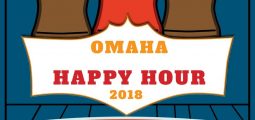
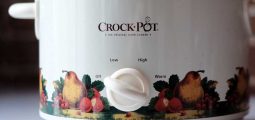

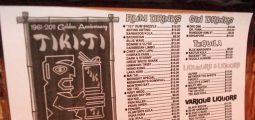



I know this is a rather aged article but I just had to make a comment because it is so rife with misinformation… so much so, it’s almost too hard to figure out where to start.
The base premise, if applied to drinks known in pre-prohibition as sours or short punches certainly can be argued. Of course the Bramble and the Last Word are both single serving punches, but I sure would like to see the logic that makes it applicable to the Old Fashioned (a true cocktail), or a Gin and Tonic (a highball or cooler).
A true cocktail was first defined in writing in 1806 as “spirit of any kind, sugar, water, and bitters”.
Your wrap states “At its root, the cocktail is a single serving punch”. Respecfully, at its root, the single serving punch is a single serving punch. The cocktail is a completely different animal.
It’s easy to understand how this has become so misunderstood when you consider how long it’s been that the name “cocktail” (much like the name “Martini” today) has been misappropriated to mean any single serving mixed drink. For those genuinely interested in the accurate structure and taxonomy of historic, and modern, mixed drinks, a first necessary step will be to take back the accurate language that clearly defines genres and types.
Happy Mixing,
m2